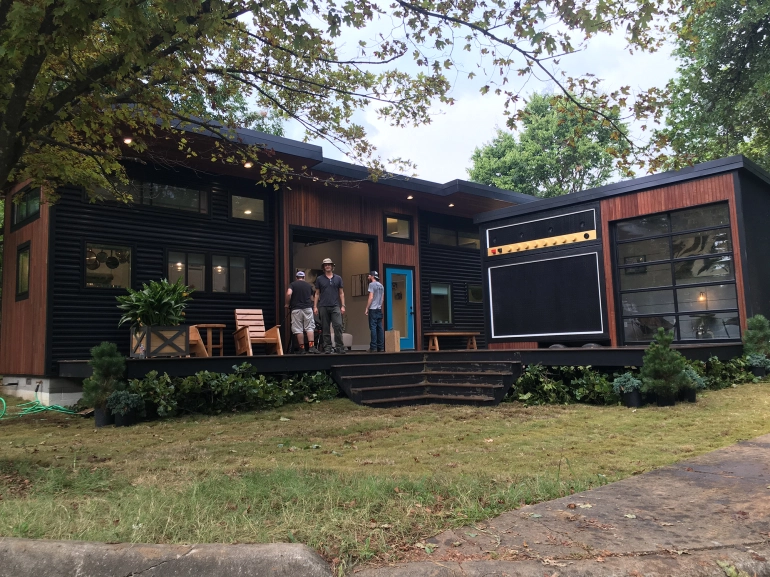A minimalist lifestyle is becoming more and more popular, offering many advantages. By getting rid of excess possessions and decreasing clutter and stress levels in your life, the minimalist lifestyle enables more time spent on what truly matters – like spending more time with loved ones.
Living in a tiny house takes sacrifice and preparation in order to succeed. For it to work successfully, one must be both determined and flexible.
1. Minimalism is a way of life
Minimalism is more than simply getting rid of things you no longer need; it is a way of living a meaningful and purposeful life in all aspects – from your home and relationships to career. Minimalism applies across every aspect of life.
De-cluttering our physical spaces may be the starting point, but minimalism extends beyond this. If you find your digital files or storage space is overrun with irrelevant emails, work to reduce clutter in these areas too.
Uncluttered lives are easier to manage, freeing up more of your time and energy for other obligations. By living this way, you can improve both mental health and lead a happier, healthier lifestyle.
2. Minimalism is a way of thinking
Minimalism is an approach to life that goes far beyond owning few items – it involves actively making choices about which things matter to you and how you spend your time, putting more value on experiences than material objects.
Minimalism means many things to different people; for some it means purging stuff that no longer brings joy or selecting high-quality items over cheaper ones.
Minimalism takes on different shapes for everyone; there is no universal standard when it comes to how many items one should own or how their home should appear. Instead, only keep items essential to daily living that you feel are necessary – this may differ between individuals; for instance a photographer’s essential items might differ from those needed by teachers and vice versa. Minimalism should be tailored specifically to you while still allowing for hobbies you enjoy. It allows more sustainable living while saving money and freeing up time for activities you truly value.
3. Minimalism is a way of life
Minimalism is more than just decluttering your home or disposing of unwanted items; it’s a lifestyle choice designed to help you live more purposefully and intentionally, by helping you focus on what matters most while letting go of everything else. Plus, minimalist living may even help facilitate big life changes such as starting a new job or moving cities!
Living simply and saving money with minimal efforts can be challenging for some people, yet minimalism is a proven strategy for saving both money and reducing clutter in your home. Start by eliminating duplicate items – measuring cups or multiple copies of books should probably go. Practice mindful shopping when purchasing items; doing this can save a substantial amount over time.
4. Minimalism is a way of living
Minimalism isn’t simply a philosophy – it’s also a lifestyle change. Following the minimalist path requires mindfulness when purchasing items and an intention to live more simply; furthermore, minimalism helps you define what’s truly essential in life.
Living simply and minimalistically can save money and ease stress, freeing up time for bigger challenges like finding work or traveling.
Acing your healthy lifestyle requires getting rid of clutter from your environment, which has been found to lead to higher cortisol levels that may negatively impact your health.
Becoming a minimalist may require discarding items you no longer use, which may be challenging for some people. But this process can be managed comfortably; simply donate or sell any that are no longer useful to you to create more space and save money over time.


